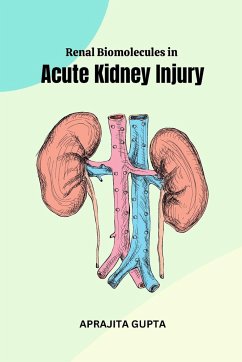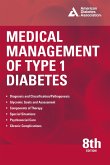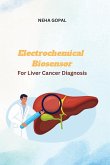Acute kidney injury (AKI) is a common clinical condition that is associated with a range of medical conditions and can result in significant morbidity and mortality. Renal biomolecules, including proteins, metabolites, and nucleic acids, have shown promise as diagnostic and prognostic markers for AKI. The use of proteomics and metabolomics approaches has enabled the identification of several candidate biomolecules that are altered in AKI, including kidney injury molecule-1 (KIM-1), neutrophil gelatinase-associated lipocalin (NGAL), and cystatin C. The use of bioinformatics and molecular biology techniques has enabled the development of diagnostic tools that can detect changes in renal biomolecules in urine and blood samples, enabling early detection of AKI and improving patient outcomes. Renal biomolecules also have implications for precision medicine, as they can be used to identify subtypes of AKI that may respond differently to treatment. Overall, the study of renal biomolecules in AKI is an important area of research with significant potential for improving clinical diagnosis, treatment, and patient outcomes.








